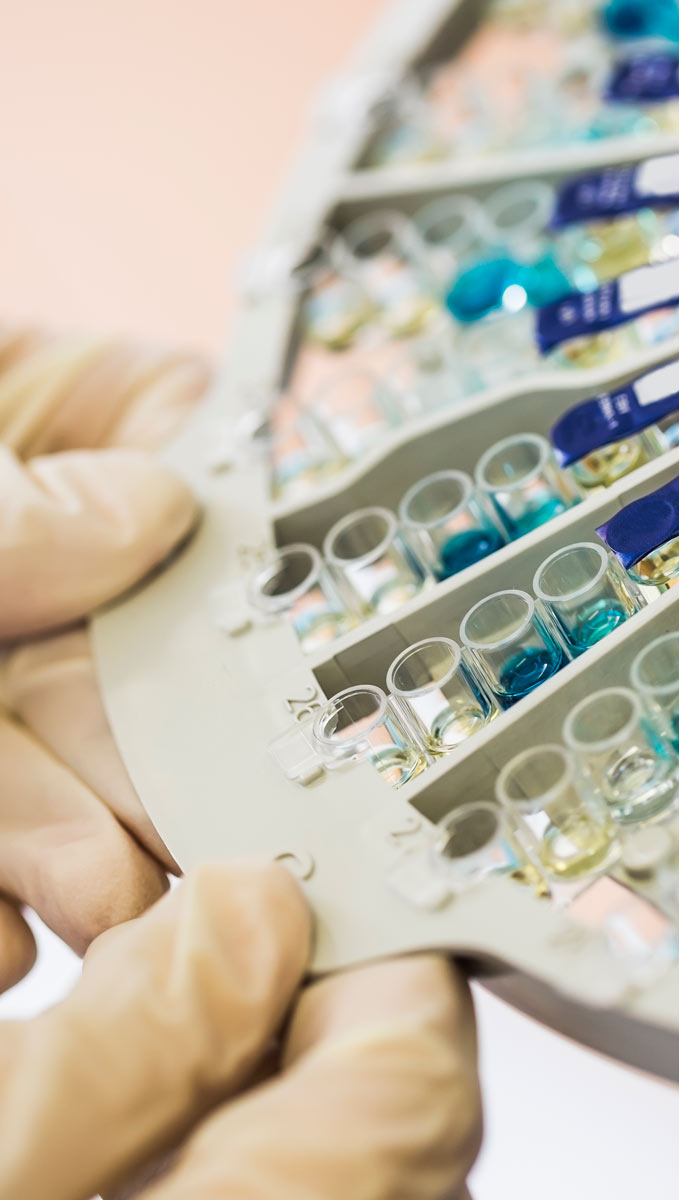Serology and other determinations

What is Serology?
- Often, pathogens such as viruses, bacteria, parasites, and fungi can be present in the body without causing noticeable symptoms. Despite this, these pathogens can contribute to the progression of chronic diseases or cancer. In these cases, the immune system becomes fully engaged in trying to eliminate the pathogens, diverting its focus from addressing the underlying disease.
- When we suspect this is the case, serology—the blood test used to detect the presence of these pathogens—becomes an invaluable tool. It helps us identify hidden infections that may be hindering the body’s ability to heal and resolve the root cause of the illness.
What is Microbiota Analysis?
- Microbiota refers to the community of microorganisms that inhabit various parts of the body. For example, the collection of microorganisms in the intestine is known as the intestinal microbiota. These microorganisms play a crucial role in maintaining health by protecting the body, producing vitamins, influencing gene expression, and modulating the immune system, among other important functions.
- In certain situations, such as dysbiosis, intestinal disorders, or issues affecting other organs (e.g., the skin or thyroid), it becomes necessary to analyze the microbiota. A comprehensive analysis is essential for maintaining good health, as it helps identify imbalances in the microbiota that may be contributing to health problems.
- By conducting a microbiota analysis, we can address deficiencies or excesses, prescribing the right probiotics and micronutrients tailored to the individual’s needs. Additionally, this analysis helps us detect any pathogens that could be causing diseases or conditions, allowing us to correct them effectively.
Other Determinations
Depending on the specific case, we may consider additional tests, such as Oligoscan (to assess mineral or vitamin imbalances, heavy metals, oxidative stress, etc.), autoantibody evaluation, HLA genetic analysis, or specialized tests like tumor markers or imaging techniques.
Oligoscan is an innovative, non-invasive medical device that uses spectroscopy on the palm of the hand to measure:
Mineral deficiencies and excesses
Heavy metals
Oxidative stress
This test is quick, painless, and personalized. When combined with a complete, individualized examination of the patient, it enables us to propose an effective treatment plan tailored to the specific pathology and needs of the patient.



